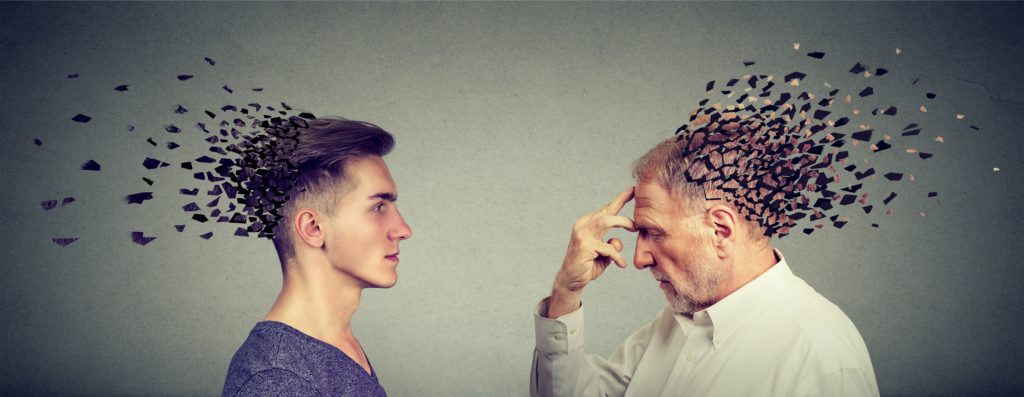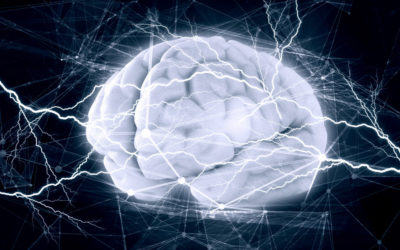Quick Hits
Daily brief research updates from the cognitive sciences

Who wouldn’t want to keep their memory when aging?!
Well, researchers have just announced some promising results in mice enabling them to keep their memories and avoid some of nasty neuro-degenerative aspects of Alzheimer’s.
What did they discover?
If you read the research and the press release, it gets technical and complicated very quickly, so let me translate this for you:
During aging we have more oxidative stress and accumulated stress over our lifetimes, this leads to various proteins, notably one called beta amyloid, building up in the brain. These clumps are resistant to removal and so end up continuing to build up over time contributing to multiple factors and particular impairing memory but in general decreased cognitive function.
The researchers around Adam Smith at the University of Kansas processed a protein from corn in the lab to produce an antigen which helps the immune system to clear out these clumped proteins in the brain. This is effectively a vaccination — mice injected with this showed greater short-term memory on lab tests (such as the clichéd maze tasks) but also on long-term memory. The markers for inflammation in the brain were also lower in blood samples.
The obvious question is would this translate to human beings? Because of the nature of the mechanism which is similar in human beings the researchers think it would but, obviously, this will need more research. But nevertheless very, very promising.
I’m waiting…

Andy Habermacher
Andy is author of leading brains Review, Neuroleadership, and multiple other books. He has been intensively involved in writing and research into neuroleadership and is considered one of Europe’s leading experts. He is also a well-known public speaker speaking on the brain and human behaviour.
Andy is also a masters athlete (middle distance running) and competes regularly at international competitions (and holds a few national records in his age category).
Reference
Adam S. Smith, Kyle R. Gossman, Benjamin Dykstra, Fei Philip Gao, Jackob Moskovitz.
Protective Effects against the Development of Alzheimer’s Disease in an Animal Model through Active Immunization with Methionine-Sulfoxide Rich Protein Antigen.
Antioxidants, 2022; 11 (4): 775
DOI: 10.3390/antiox11040775
More Quick Hits
Yes, Fake Smiling Does Improve Your Mood
Can just smiling, even if fake, improve your mood? This has been proven, debunked, re-proven and now re-re-proven…
How Your Brain Decides to Help Others in Danger
In times of crises and danger we may hide and flee as our natural instincts would guide us, or do something else: put ourselves at danger and help others.
Two Types of Willpower
There are two types of will power – and one is much more effective…
Our Brains Seem to Use Quantum Computations
It has been proposed that our brain uses quantum processes but this is hard to prove – until now that is…
Insults Trigger the Equivalent of a Slap to the Face in the Brain
What do insults do to our brain wave patterns, do they degrade over time and how do they compare to compliments?
Even a Short Bout of Exercise Can Boost Brain Growth
Exercise is good for you – we all know that. But can just a single bout of exercise do you and your brain any good?






